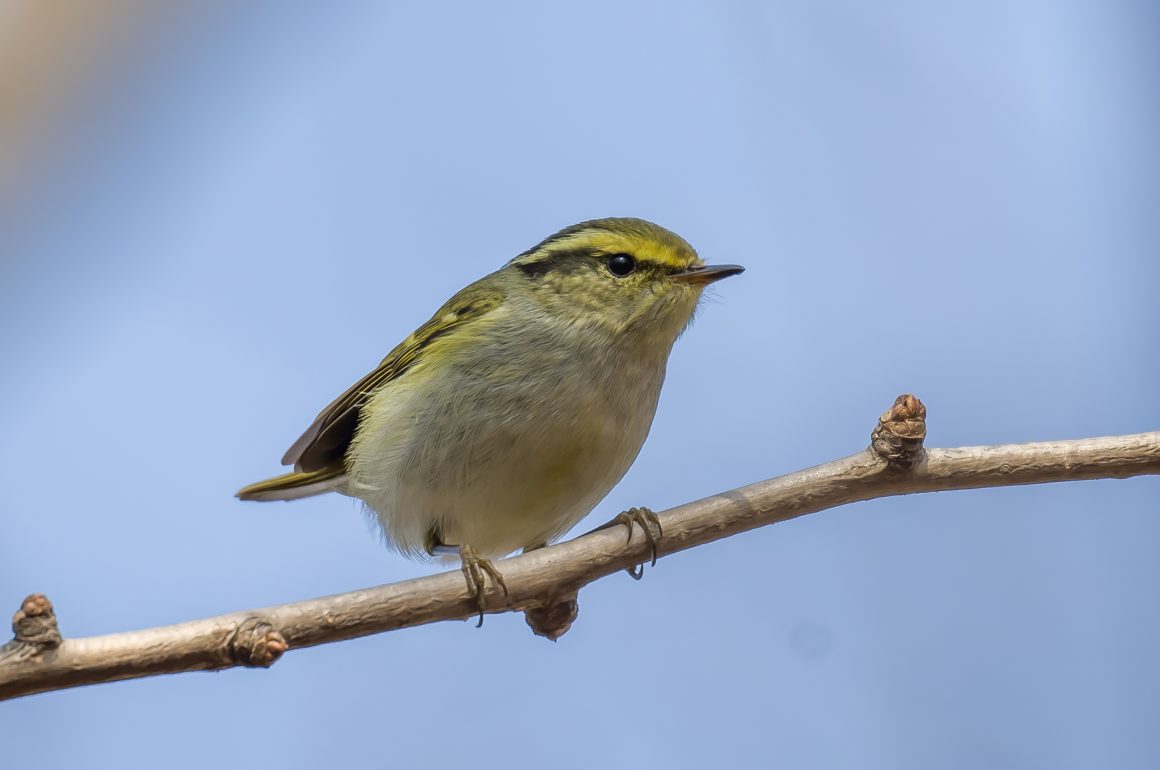
When watching small birds such as leaf warblers feeding among tree branches, I am surprised how much they move around, and how erratic their movements seem. It looks like a big waste of energy to me compared to staying longer in one place and systematically searching for food there without moving much. Why do the birds behave this way?
As you can imagine, this rapid movement is beneficial from the standpoint of evolution – it helps the birds survive longer and better than the alternative you describe. The question is why. Here are some reasons why rapid and unpredictable movement makes sense:
- It helps the birds avoid predators. By moving quickly and unpredictably, the birds make it hard for a predator to ambush or pursue them.
- It helps the birds use their resources effectively. While their movement may seem random, they probably have experience in where the potentially most rewarding spots for finding food are, and simply ignore other, closer spots.
- Rapid movement generates heat – while this may seem wasteful, it can be necessary to maintain the high body temperature of birds, particularly in winter. The heat loss is more pronounced the smaller the bird is.
- Small birds can move at a relatively low expenditure of energy – they are highly efficient at short, quick flights, and the energy expended may be lower than the energy gained from only targeting highly promising food sources.
- Finally, moving around quickly over a larger area allows the birds to learn about their environment – useful to locate food in the longer run, or to know where to hide from predators.
So, next time you see a small bird seemingly erratically moving around, don’t worry about it too much – it is doing the right thing, otherwise, evolution would have weeded it out by now.







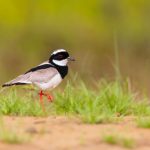
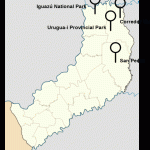
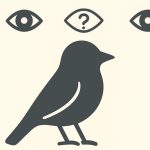

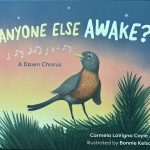
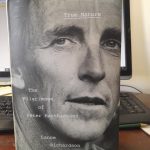

Begs the question why trogons don’t move at all…